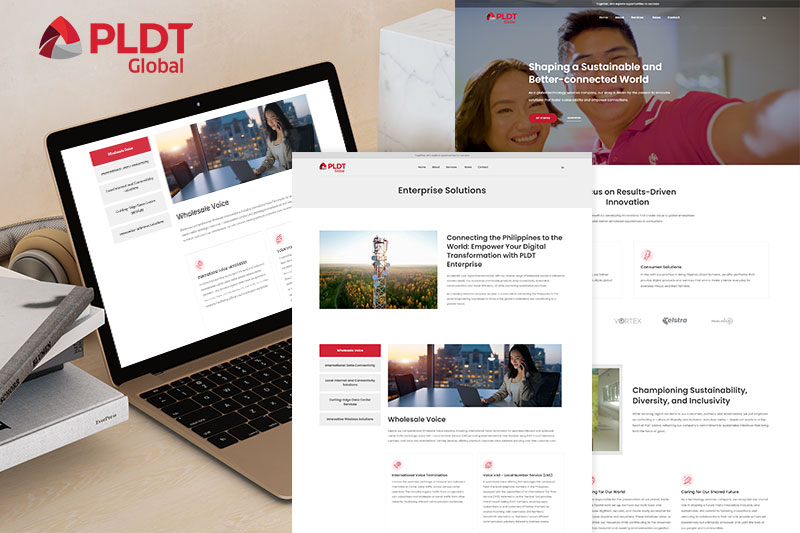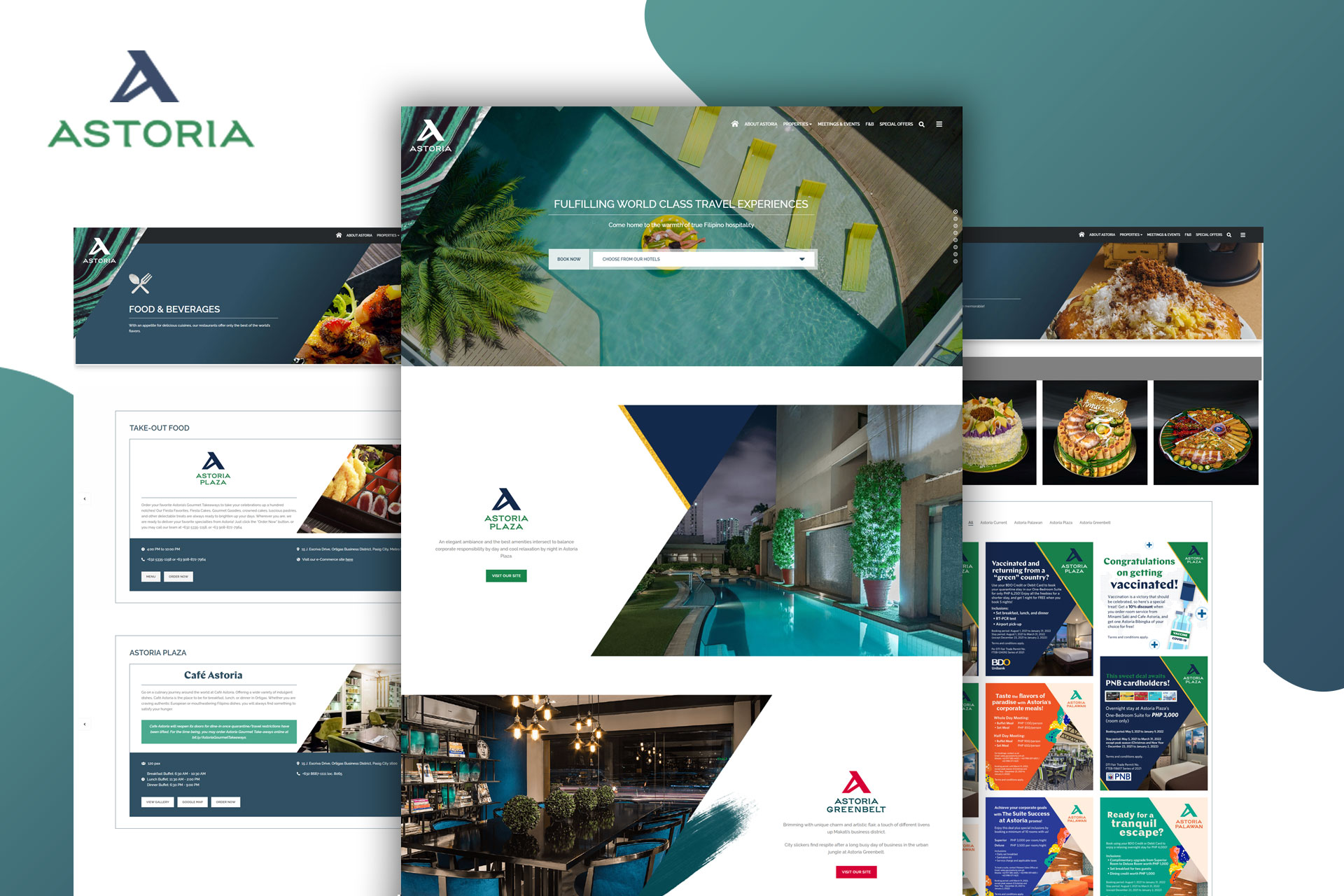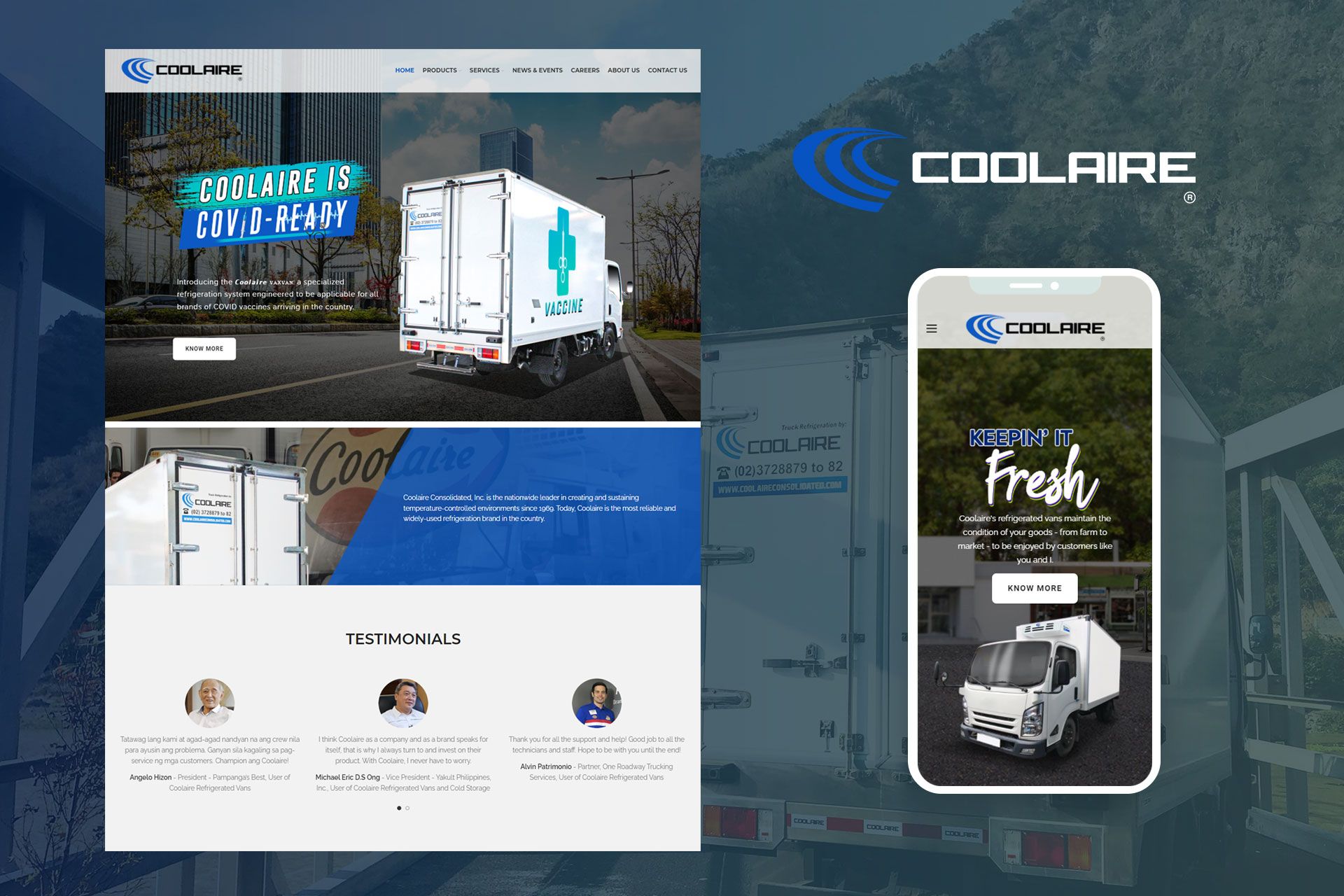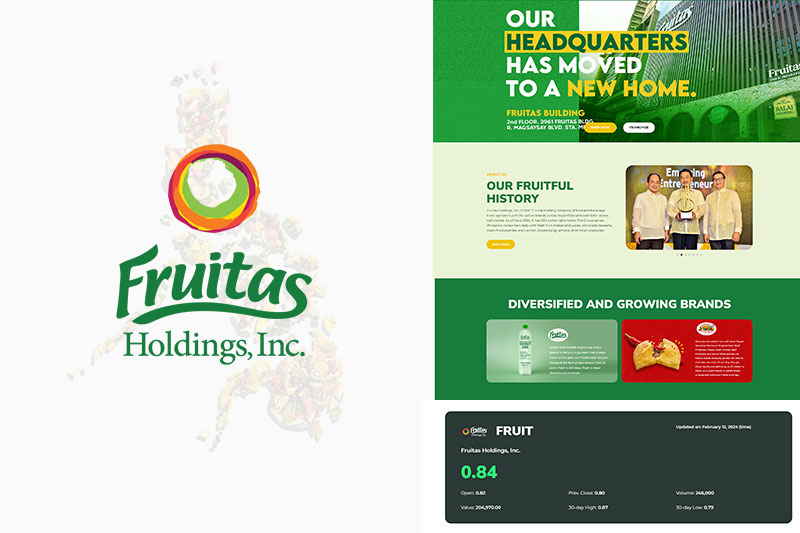With the kind of competitive business landscape that we have today, standing out and reaching potential customers can be more challenging than ever, especially for small businesses. However, with the right marketing strategies, a small business can survive and thrive in the market. Now speaking of small business, in this blog, we will be taking a look at what small business marketing is all about and how it can lead to significant growth and success.

Table of Contents
- What is Small Business Marketing?
- Key Elements of Small Business Marketing
- The Power of Small Business Marketing in Driving Growth
- Benefits of Small Business Marketing in the Online World
What is Small Business Marketing?
Small business marketing refers to the process of promoting products or services, creating brand awareness, and establishing a connection with the target audience, all with the ultimate goal of driving sales and growth. Unlike large corporations with massive budgets, small businesses often have limited resources, which makes effective marketing strategies all the more crucial.
Key Elements of Small Business Marketing
● Target Audience Identification
Knowing your target audience is the foundation of any successful marketing campaign. Understanding their needs, preferences, and interests will help tailor your marketing efforts to resonate with them.
● Branding
Building a strong brand identity is vital for small businesses to differentiate themselves from competitors. A memorable logo, consistent color schemes, and a compelling brand message can leave a lasting impression on customers.
● Online Presence
In the digital age, having a strong online presence is non-negotiable. A well-designed website, engaging social media profiles, and an active online presence on relevant platforms can significantly expand your reach.
● Content Marketing
Having a well-thought-out content marketing strategy is a must if you want to maintain the relevance of your small business in this busy digital age. Hence why providing valuable and informative content through blogs, videos, or infographics can position your small business as an industry authority, driving organic traffic and attracting potential customers.
● SEO (Search Engine Optimization)
Optimizing your online content for search engines can boost your website’s visibility in search results, increasing the chances of attracting organic traffic.
Related: What is SEO? A Handy Guide to Search Engine Optimization
● Email Marketing
Building an email list and sending targeted, personalized emails can nurture leads and maintain customer loyalty, leading to repeat business.
● Networking and Partnerships
Collaborating with other businesses and engaging in local networking events can help create a sense of community and increase exposure.
The Power of Small Business Marketing in Driving Growth:
➢ Increased Visibility
Effective marketing strategies put your business in front of potential customers, increasing brand awareness and recognition.
➢ Lead Generation
Targeted marketing efforts attract qualified leads, which boosts the likelihood of converting them into paying customers.
➢ Competing with Larger Businesses
A well-executed marketing plan can level the playing field and enable small businesses to compete with larger, more established competitors.
➢ Building Customer Loyalty
Engaging marketing campaigns help create a loyal customer base, resulting in repeat business and positive word-of-mouth referrals.
➢ Measurable Results
By utilizing data and analytics, small businesses can track the success of their marketing efforts, allowing for continuous improvement and optimization.
Benefits of Small Business Marketing in the Online World
1. Global Reach
The internet knows no geographical boundaries, and with online marketing, small businesses can reach a global audience. Through social media marketing, SEO, and email campaigns, and other digital marketing strategies, a small business can connect with potential customers worldwide, expanding its market reach exponentially.
2. Cost-Effectiveness
Traditional marketing methods like print ads or television commercials can be expensive for small businesses with limited budgets. Online marketing offers cost-effective alternatives, such as social media marketing, content marketing, and email campaigns, which deliver better returns on investment and can be tailored to suit any budget.
Related: Digital Marketing vs. Traditional Marketing: Know Their Pros and Cons
3. Targeted Marketing
Online platforms provide advanced targeting capabilities that allow small businesses to direct their marketing efforts toward specific demographics, interests, behaviors, and geographical locations. This precision targeting ensures that marketing messages reach the most relevant audience, which increases the likelihood of conversions.
4. Data-Driven Insights
Online marketing generates vast amounts of data that can be analyzed to gain valuable insights into customer behavior, preferences, and interactions. Small businesses can leverage this data to make informed decisions, improve their marketing strategies, and improve overall performance.
5. 24/7 Availability
Unlike brick-and-mortar stores, an online presence allows a small business to be open 24/7, catering to customers in different time zones and accommodating their preferences. This accessibility enhances customer convenience and can lead to increased sales and customer satisfaction.
6. Engagement and Interaction
Online marketing facilitates direct engagement and interaction with customers through social media, live chats, comment sections, and email. Building these relationships establishes trust, loyalty, and a sense of community around the brand.
7. Brand Building and Reputation Management
Digital platforms offer small businesses an opportunity to exhibit their brand personality and values. Through consistent branding, positive customer interactions, and valuable content, they can build a powerful brand image and cultivate a positive online reputation.
8. Quick and Flexible Campaigns
With online marketing campaigns, small businesses can swiftly launch and make real-time adjustments. This flexibility enables them to promptly respond to market changes, grasp trends, and adapt based on customer feedback.
9. Diverse Marketing Channels
The online world offers various marketing channels, from social media and search engines to content platforms and influencer marketing. Small businesses can diversify their approach, experimenting with different channels to find what works best and what doesn’t for their target audience.
10. Competing with Industry Giants
Through online marketing, small businesses have an equal chance to compete with larger industry players. When a well-crafted digital marketing strategy is executed, it empowers a small business to gain visibility, authority, and credibility, presenting a formidable challenge to even the most established competitors. Given the robust benefits of marketing your business in the online space today, small businesses don’t have to remain small and overshadowed by larger companies.
With determination, creativity, and a customer-centric approach, your small business will be able to thrive in today’s competitive business landscape. So, start crafting your marketing plan today and watch your business soar to new heights!
Looking for small business marketing services to promote your products and services online? Contact us today, and we will be glad to assist you!


 Shopify Website Design
Shopify Website Design  Small Business Marketing
Small Business Marketing 




